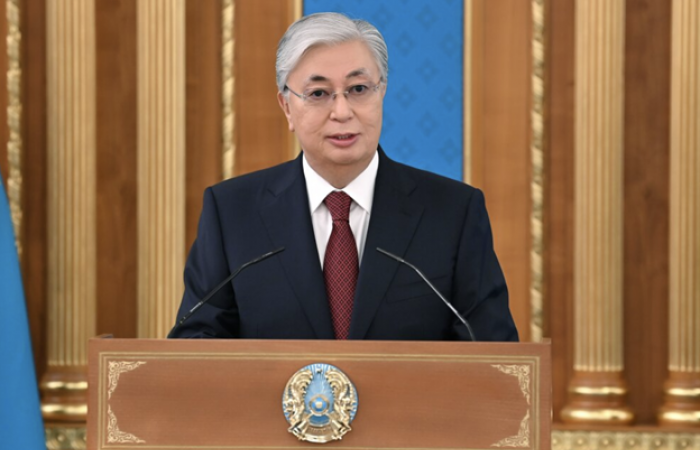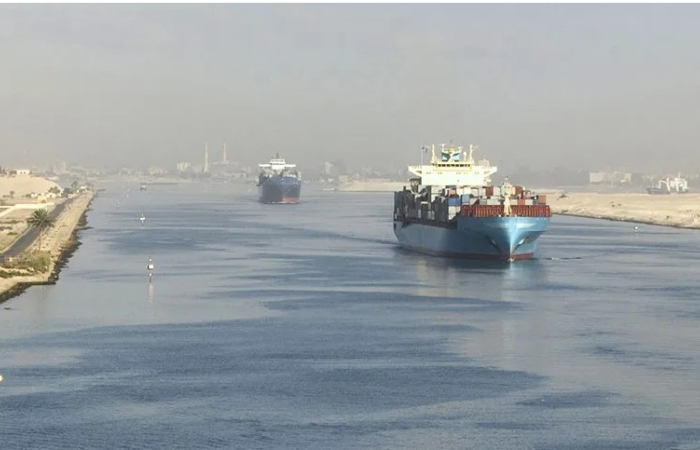Trending
Opinion: Pashinyan's Constitutional Gambit
12 February 2024
Reforming the constitution of any nation is inherently challenging, but in Armenia it has always proven particularly controversial, writes Onnik James Krekorian in this op-ed for commonspace.eu "Speaking at the Ministry of Justice in January, Pashinyan not only emphasised the necessity of constitutional reform but even argued for a comprehensive overhaul rather than piecemeal amendments. The purpose, he said, in addition to possibly switching from majority to minority governmental system, was to make Armenia “more competitive and viable” in a new “geopolitical and regional situation.” The opposition instinctively interpreted those words as referring to his administration’s attempts to normalise relations with Azerbaijan.
At the heart of these claims is a belief that the preamble in the current constitution referring to the 1990 Declaration of Independence, itself based on the 1989 decision on the “Reunification of the Armenian SSR and the Mountainous Region of Karabakh,” could be removed. The opposition claims that doing so would only be at the behest of Baku. Armenian Foreign Minister Ararat Mirzoyan has not categorically denied the claim but does confirm that Azerbaijan continues to raise this issue in negotiations, interpreting the preamble as indisputable claims on its territory."











